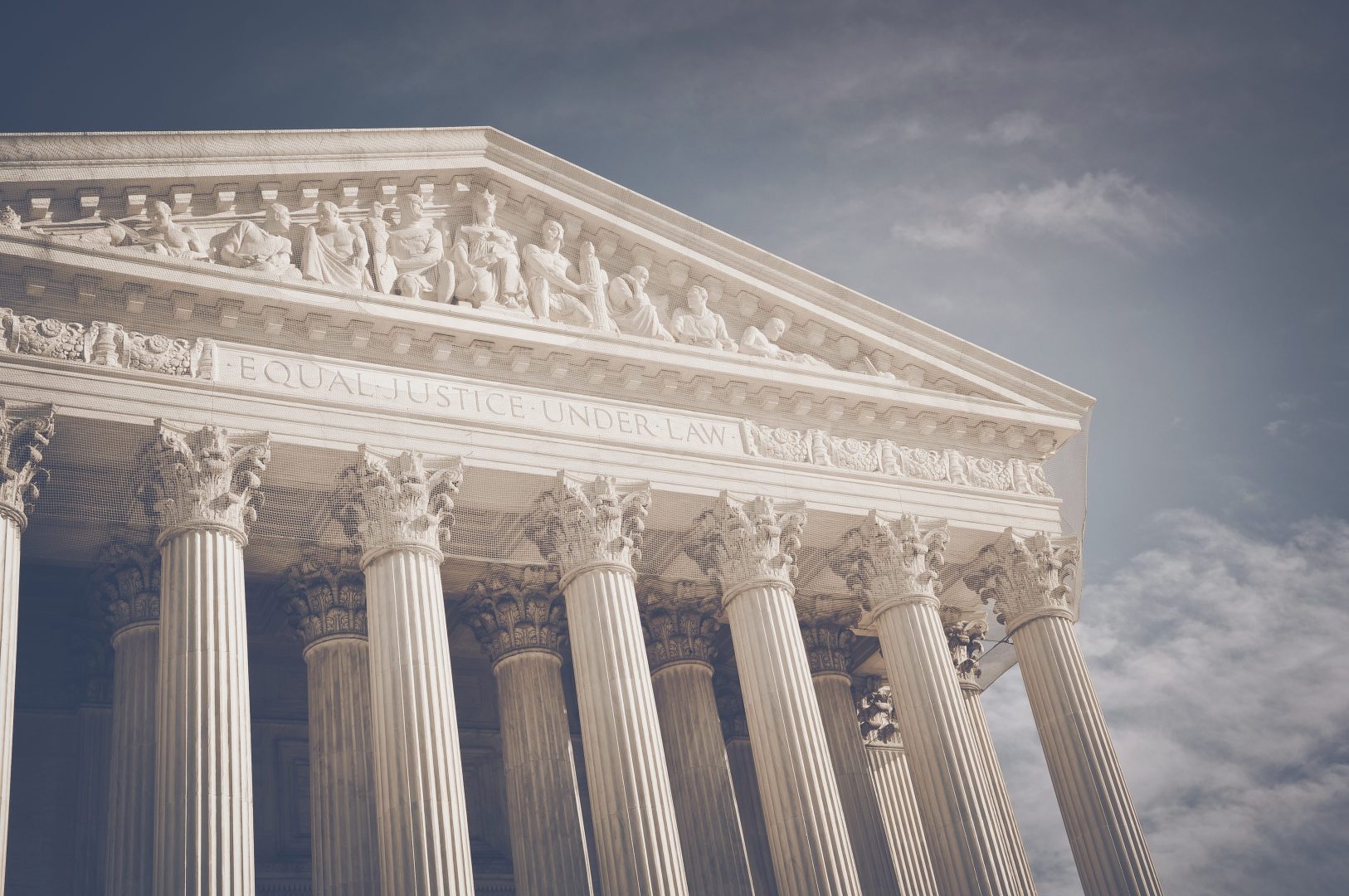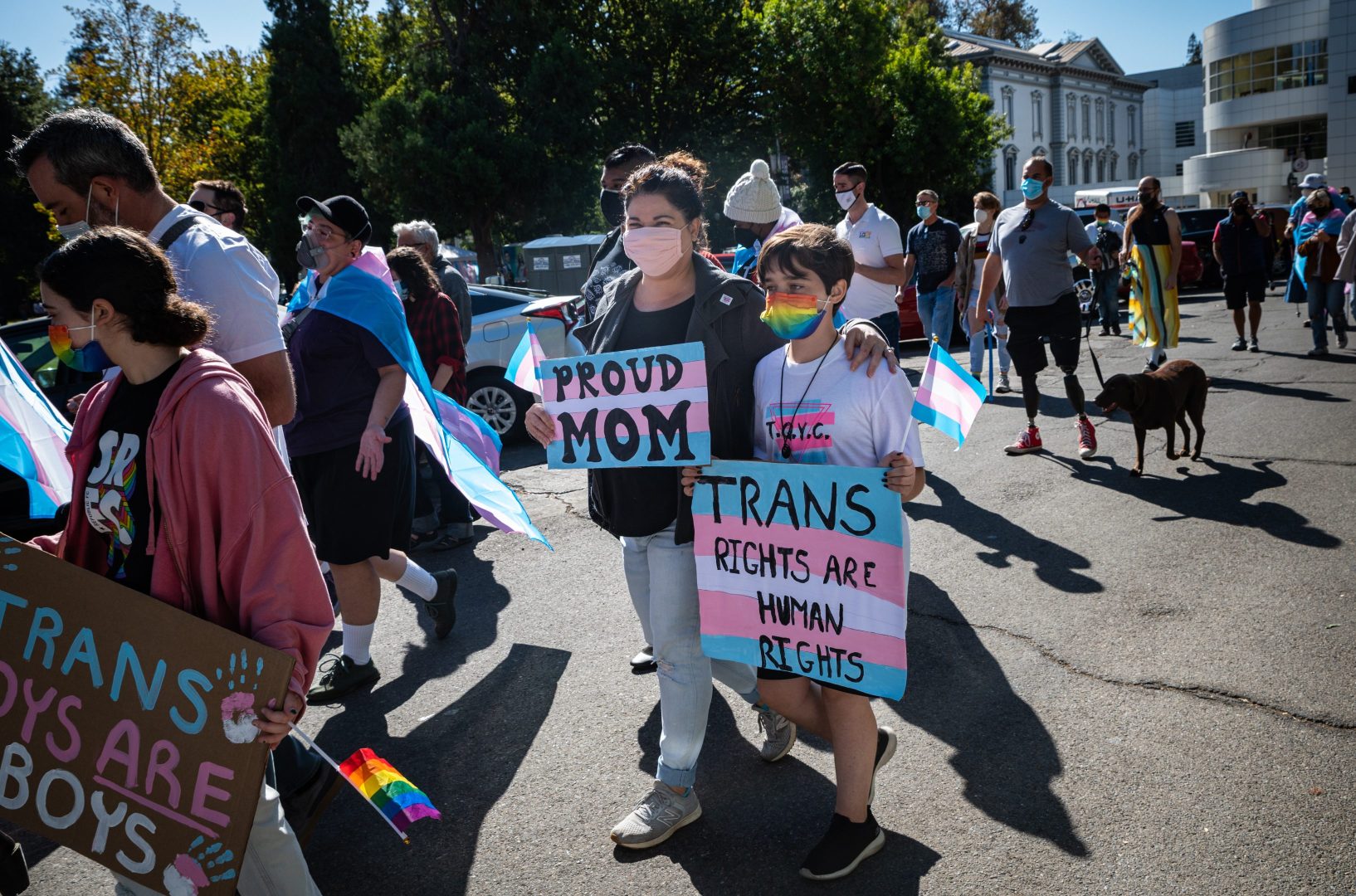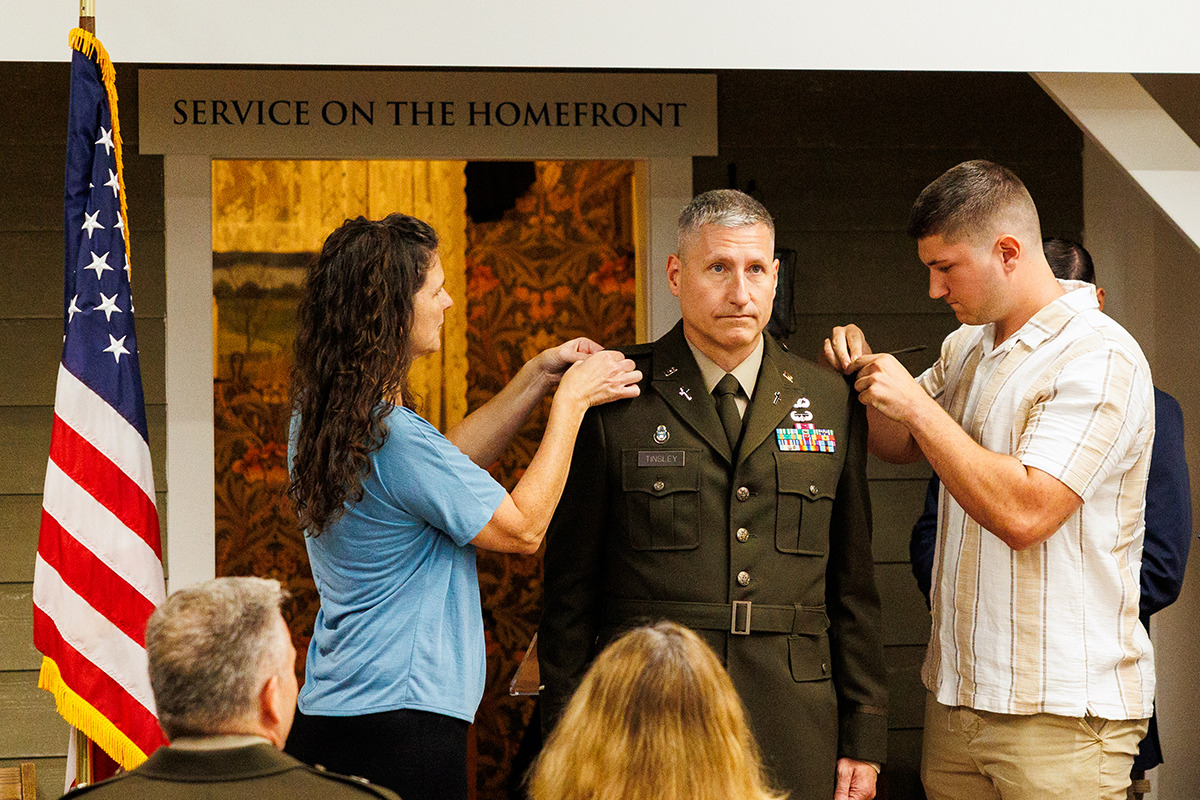


Get a free copy of Parental Rights & Education when you subscribe to our newsletter!

“This is a landmark victory, not only for Gerald, but for every American. No American should be forced to choose between their faith and their job. The Court’s decision today restores religious freedom to every American in the workplace.”
–KELLY SHACKELFORD, FIRST LIBERTY INSTITUTE
In what is being hailed as major win for religious liberty, the U.S. Supreme Court ruled on Thursday in favor of a Christian mail carrier who resigned after being required to work Sundays, as the Court clarified the standard by which employers must grant employees’ requests for religious accommodations.
Gerald Groff worked as a mail carrier for the United States Postal Service (USPS) starting in 2012. When he started working at the Quarryville, Pennsylvania, location, Groff, a devout Christian, was not required to work on Sundays, but in 2013, USPS agreed to deliver Amazon packages on Sundays, which meant that employees were required to work Sundays on a rotating schedule at the regional hub. Groff believes that Sundays should be devoted to worship rather than secular labor and for this reason he transferred to another location that was not delivering Amazon packages on Sunday.
That location also began delivering packages on Sunday, leading to Groff having to find other employees to cover his Sunday shifts. Groff was disciplined throughout this time and after missing 20 shifts, resigned and filed suit.
In the case of Groff v. DeJoy, the Third Circuit U.S. Court of Appeals ruled against Groff, claiming that Supreme Court precedent in Trans World Airlines v. Hardison established that requiring an employer to bear more than a de minimis, or trivial, cost to grant a religious accommodation represented an undue hardship on the employer and so the request did not have to be granted.
Thursday the Supreme Court clarified the Hardison ruling, ruling 9-0 that courts had been misinterpreting it and focusing only on the use of the phrase de minimis rather than the multiple references to “undue hardship” and “substantial” costs or expenditures.
Justice Samuel Alito wrote the 9-0 opinion, with Justices Sonia Sotomayor authoring a concurring opinion joined by Justice Kentanji Brown Jackson.
Regarding the de minimis line, Alito wrote, “In the briefs and at argument, little space was devoted to the question of determining when increased costs amount to an ‘undue hardship’ under the statute, but a single, but oft-quoted, sentence in the opinion of the Court, if taken literally, suggested that even a pittance might be too much for an employer to be forced to endure.”
He added: “Although this line would later be viewed by many lower courts as the authoritative interpretation of the statutory term ‘undue hardship,’ it is doubtful that it was meant to take on that large role,” noting that “ described the governing standard quite differently, stating three times that an accommodation is not required when it entails ‘substantial’ ‘costs’ or ‘expenditures.’ This formulation suggests that an employer may be required to bear costs and make expenditures that are not ‘substantial.’”
This undercuts the supposed de minimis test, Alito wrote, but many lower courts have repeatedly seized on this phrase as the standard for cases regarding religious accommodations, leading to the denial of even minor accommodations.
Alito wrote that “In describing an employer’s ‘undue hardship’ defense, Hardison referred repeatedly to ‘substantial’ burdens, and that formulation better explains the decision.”
Kelly Shackelford, president and CEO of First Liberty Institute, which represented Groff, stated,
“This is a landmark victory, not only for Gerald, but for every American. No American should be forced to choose between their faith and their job. The Court’s decision today restores religious freedom to every American in the workplace. This decision will positively help millions and millions of Americans – those who work now and their children and grandchildren.”

The Beckett Fund for Religious Liberty claims that large companies have used the de minimis test to deny even the most basic requests for religious accommodations. In fact, because of Hardison, 86 percent of religious accommodations requests are denied. That means that for decades, Americans have been denied their First Amendment right to the free exercise of religion. Today, the Supreme Court finally fixed this egregious wrong.
We should rejoice at this ruling and be thankful for the right to practice our beliefs without punishment.
If you are a Christian employer, consider 1 Corinthians 16:14 when an employee requests a sincere religious accommodation: “Let all that you do be done in love.”
Even if the accommodation request inconveniences you or costs you money or slows down productivity, by granting it, you will be doing right by the Kingdom and by your employee. In so doing, God will reward you for your obedience and your employee will likely work even harder and with more loyalty.
Ready to dive deeper into the intersection of faith and policy? Head over to our Theology of Politics series page where we’ve published several long-form pieces that will help Christians navigate where their faith should direct them on political issues.
Christian conservative news and issues that matter. Curated just for you!

